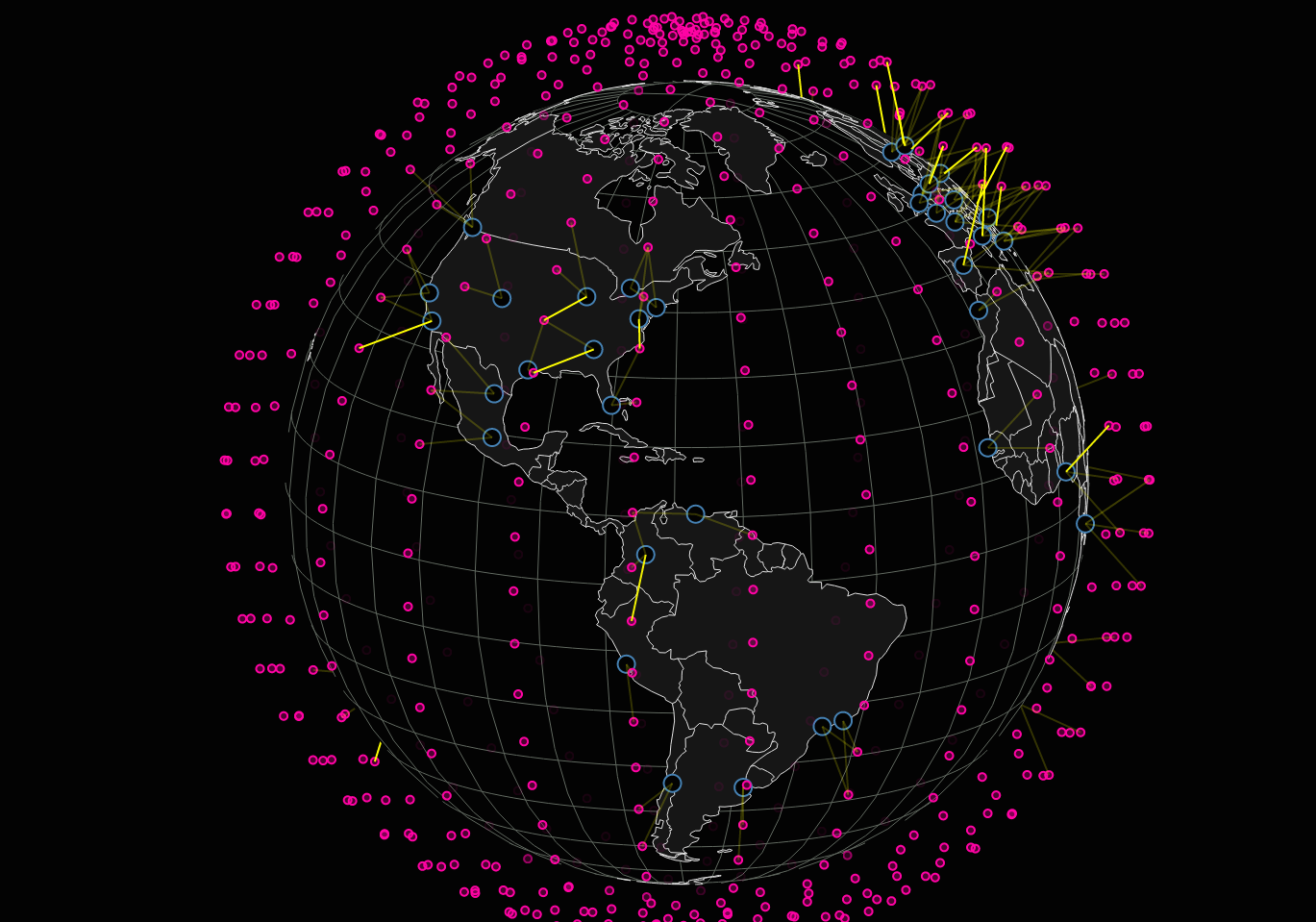Spacex has asked the federal government for permission to begin testing on an ambitious project to beam Internet service from space, a significant step forward for an initiative that could create another major competitor to Comcast, AT&T and other telecom companies.
The plan calls for launching a constellation of 4,000 small and cheap satellites that would beam high-speed Internet signals to all parts of the globe, including its most remote regions.
Google and Fidelity recently invested $1 billion into SpaceX, in part to support the satellite broadband Internet project.
Musk’s FCC filing proposes tests starting next year. If all goes well, the service could be up and running in about five years.
Elon Musk has proposed a network of some 4,000 micro-satellites to provide broadband Internet services around the globe. SpaceX is partnering with Google and Fidelity Investments, which are investing $1 billion for a 10 percent stake in the endeavor. Richard Branson’s Virgin Galactic and Qualcomm, meanwhile, are investing in a competing venture called OneWeb, which aims to build a similar network of micro-satellites.
Satellite technology has advanced, bringing the cost of deployment down significantly. Toaster-sized micro-satellites can be launched dozens at a time, and don’t have to operate at very high orbits, reducing launch costs, but they can deliver performance comparable to larger, older satellites at higher altitudes.
The speed of light is 40 per cent faster in the vacuum of space than it is for fiber. Elon plans to use optical lasers to communicate between the micro-satellites.
Elon will have 60 people working on the space Internet project initially and that could rise to 1,000 in a few years.
Read more »


















